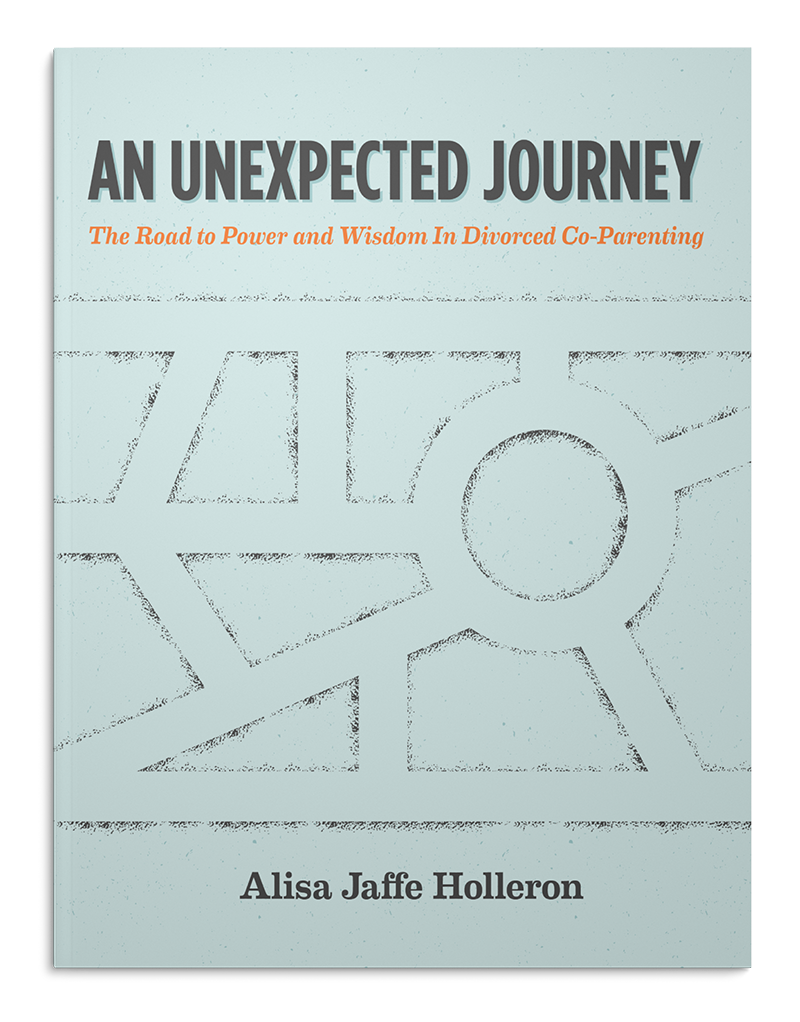Our brains have what’s called a negativity bias. That is, our brains are much more likely to “take in” negative experience than positive experience. Neuropsychologist Rick Hanson says that our brains are like velcro for negative experience and like teflon for positive experience.
“As the brain evolved, it was critically important to learn from negative experiences…the brain has specialized circuits that register negative experiences immediately in emotional memory. On the other hand, positive experiences – unless they are very novel or intense – have standard issue memory systems, and these require that something be held in awareness for many seconds in a row to transfer from short-term memory buffers to long-term storage. Since we rarely do this, most positive experiences flow through the brain like water through a sieve, while negative ones are caught every time. Thus my metaphor of Velcro and Teflon – an example of what scientists call the “negativity bias” of the brain.” http://www.rickhanson.net/overcoming-negativity-bias/
When your co-parent does something that you perceive as negative, it is much more likely to get your attention, and much more likely to get caught in your “emotional” memory. And, when your co-parent does something positive, it is much less likely to get your attention. All the positive things your co-parent does, and just the fact that children need a relationship with both parents (except under extreme circumstances) fades away into the background.
When we experience a difficult emotional reaction, we tend to then be on the lookout for more of the same. If you walk in the door of a house and a bucket of water falls on your head, you will forever be watching for that bucket of water when you walk through that door. If we have negative experiences that upset us, we will be on the lookout for more negative experiences. And the more we are looking, the more likely we are to find them.
Our brains are programmed that way. When you look at it through this lens, it is easy to see how we become prone to noticing what our co-parents do wrong and miss what they do right. Our fear about our children’s welfare can cause us to be hyper-vigilant about the other’s co-parent behavior. We can focus on that, and imagine that they are “bad” for our children.
If you’re thinking that your co-parent is “bad” for your children, remember this: a co-parent’s behavior might not be optimal, but in most cases does not warrant a child being kept from their parent. Children need their other parent, and that, in and of itself, powerfully offsets their imperfections or less than optimal behavior.
In addition, when you allow yourself to only see the negative in your co-parent, you are hurting your children. You are creating a loyalty bind. When you hold a negative view of a parent, it puts the child in a terrible position. They can either agree with you to help themselves find some sanity, or they can stay very confused because they love both of you and don’t know what to do. Agreeing with you so they can find some sanity is a terribly bad strategy for a child to have to take, but many children take that route just to find a way to feel secure.
Beware of the negativity bias. It can cause you inadvertently to do harm to your child. Focusing on what’s wrong can cause you to believe that you’re co-parent is bad for you children. This kind of stance, unless there is something truly extreme going on, will be harmful for your children in the long run.
Rick Hanson created a skill he calls “Taking in the Good.” It involves concentrating on what is positive. This does not mean that you ignore things that are truly bad, or sugarcoat things. It means that you look at the reality of the positive that is actually present. Is your co-parent really 100% bad? Do they really contribute nothing positive to your children?
Find the good, co-parents! For the sake of your children, find the good!




